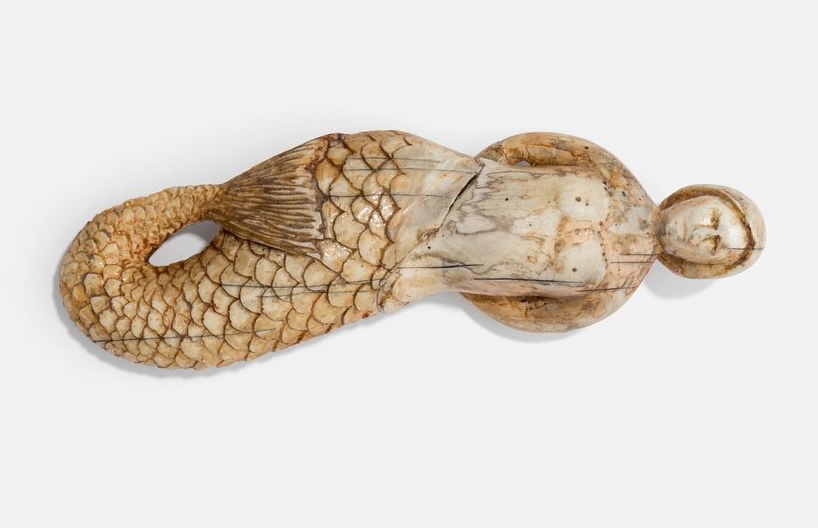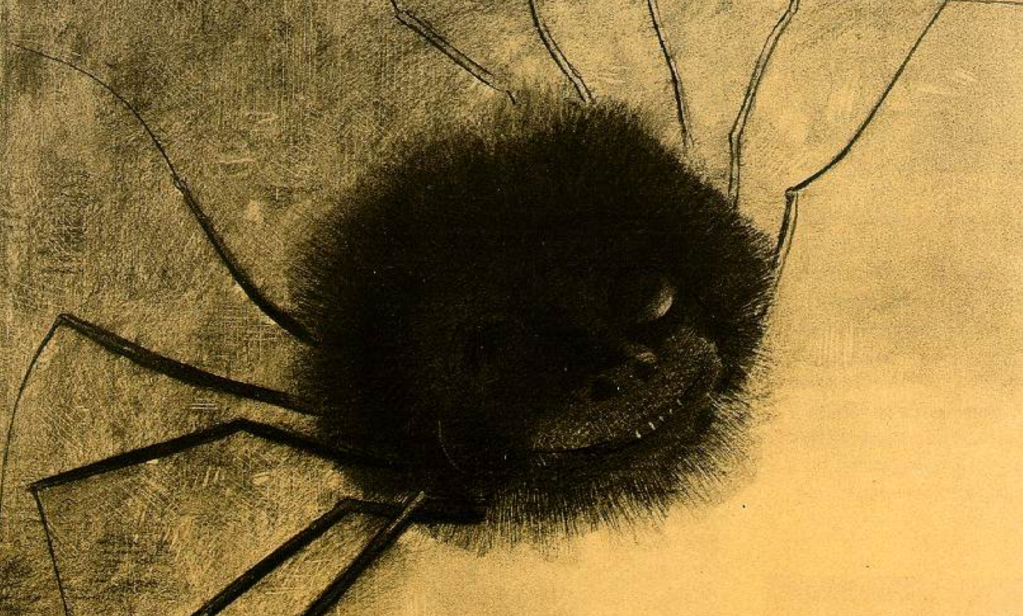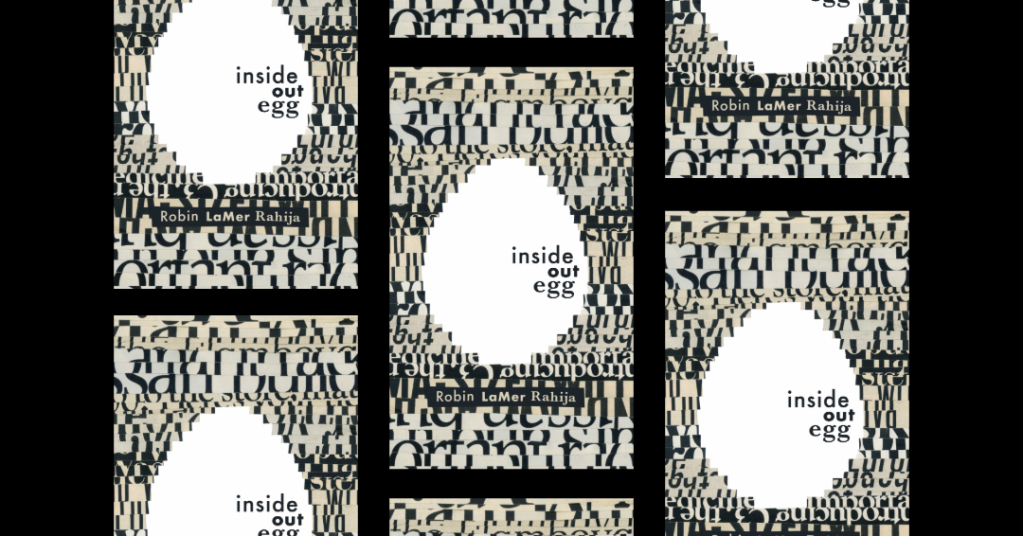850 words | 5 min read
Today’s sketch is an experiment in authorial interpretation; an indirect method of presenting a character by “telling” their backgroud, motives, and virtues. If you skim this and think, it’s giving Dowton Abbey, then I’ve hit my mark. I’ve been reading “The Watership Down” and it has me in the mood for the rolling landscapes and clever peoples of Albion.
—
At the velvet edge of the Somerset Levels stands a three-story manor house owned by the family Croffitt. In the twilight, the golden stones of the manor are grey, and the black windows watch the landscape with unseeing eyes. But in the depths of the kitchens, a glow appears, a flare of hope floating in the darkness.
For almost twenty years, Mellana has come to the kitchens while the sky is dark and the stars cling to the heavens. Her lamp is lit before the other servants rustle the coals in the great hall, before the stableboy carries buckets of oats across the crisp gravel drive, even before the gardener brushes the glittering dew from the last summer rose, cut for drawing rooms now empty, once full.
Mellana loves this dark hour best of all, when the world is a resting round of dough, rising to meet the hand of the maker. The kitchen is clean, the counters spotless, and the bowls dry. The copper pots lining the wall above the fireplace gleam like cats’ eyes in the passing amber light of her lamp.
Here, she is mistress of a small, tidy universe, almost untouched by the woes of the world outside. Among the comforting smells of garlic and sage, one could almost forget the fear of zeppelins floating over the horizon, the ration tickets, and the lines of uniformed men waiting at the steam-shrouded station.
The sun rises to pierce the rheumy windows of the manor, illuminating in gold the papery onions hanging by the door. Mellana tucks her braided hair under a cloth, the strands more grey now than black. This quiet is hers, she claims it before the storm of the day, before the demands of chopping, plucking, sifting, and stretching leave her empty and dull.
Adeline and Cora, the kitchen maids, show up not long after. Both are also older women, broad-faced and hearty as a pair of chestnut mares. They slice bacon and sort eggs, shouting good-naturedly at the coal boy for being late. Mellana listens to their chatter with half an ear, distracted by every footfall in the hall beyond.

The new girl finally stumbles into the kitchen a full hour after sunrise. Mellana takes in the wrinkled apron, the droopy stockings, and the wisps of pale hair escaping her kerchief. A clear, red stain the color of strawberry jelly marks the center of the girl’s flat chest.
“You’re Orla, I take it?” Mellana asks. The girl nods and stifles a yawn, covering her mouth with a milk-pale hand. Not a speck of meat on the child, Mellana thinks. Beside her, she feels wrinkled, sunken, and brown.
“You’re late. From now on, I expect you here before the sun,” she says, and Orla’s half-smile fades. “We’ll start on bread today. Wash up, and I’ll fetch the flour.”
She limps to the pantry, remembering the argument with her mistress over the newcomer. She’s a city girl, she won’t know a thing about a kitchen. Wouldn’t you like a bit more help down there? No, mam, don’t need a stranger in our midst walking off with the good silver. You worry too much, Mel. And you don’t worry enough, Mellana had wanted to say, but swallowed the bitter words while Lady Gwendoline laughed and took another sip of gin.
Cora gives her a pointed look as she returns to the kitchen with the bowl full of flour, cutting eyes at the slender girl washing her hands. Mellana shrugs as if to say, what can we do? If the mistress said Orla was good enough for the kitchens, they had no choice but to forge the belief into reality.
“First things first,” Mellana says, scraping the recipe card across the table, “make sure you’ve all your ingredients ready at hand. Start with a bungle and you’ll end with a bodge.”
Orla gazes at the card on the table without picking it up, her lips pressed together as she squints at the aged paper. Her round face reminds Mellana of a baby owl.
“You can read, can’t you?” Behind them, Adeline and Cora snicker.
“Of course,” Orla says, quickly, pink mottling her cheeks. “Flour, milk, water, salt, yeast, sugar. Simple enough.” She examines the measuring cups and scale.
“Shake a leg, then,” Mellana says. “The bread won’t mix itself.”
And rather than watch the spectacle, she leaves the new girl to her test, stepping out into the blue shadows beyond the kitchen. Some mornings, the stone entry is haunted by the scent of John’s pipe. She can see him in memory, sitting on a stool in the sun, whittling endless blocks of wood into the foxes, stars, and violets that still clutter her washstand.
Let’s get married, you and me, he’d said. John knew her secret but didn’t care, didn’t talk. And then the fever, the sickness that had taken so many, took him, too. If they’d had children, they’d be about Orla’s age, she muses, but pushes away the flush of sympathy for the bird-like child.
Just think about it, he’d said, folding her hands around something cold and heavy. We could be happy. Inside the net of her fingers was a carving of a mermaid, no bigger than her heart.
☼







Leave a comment